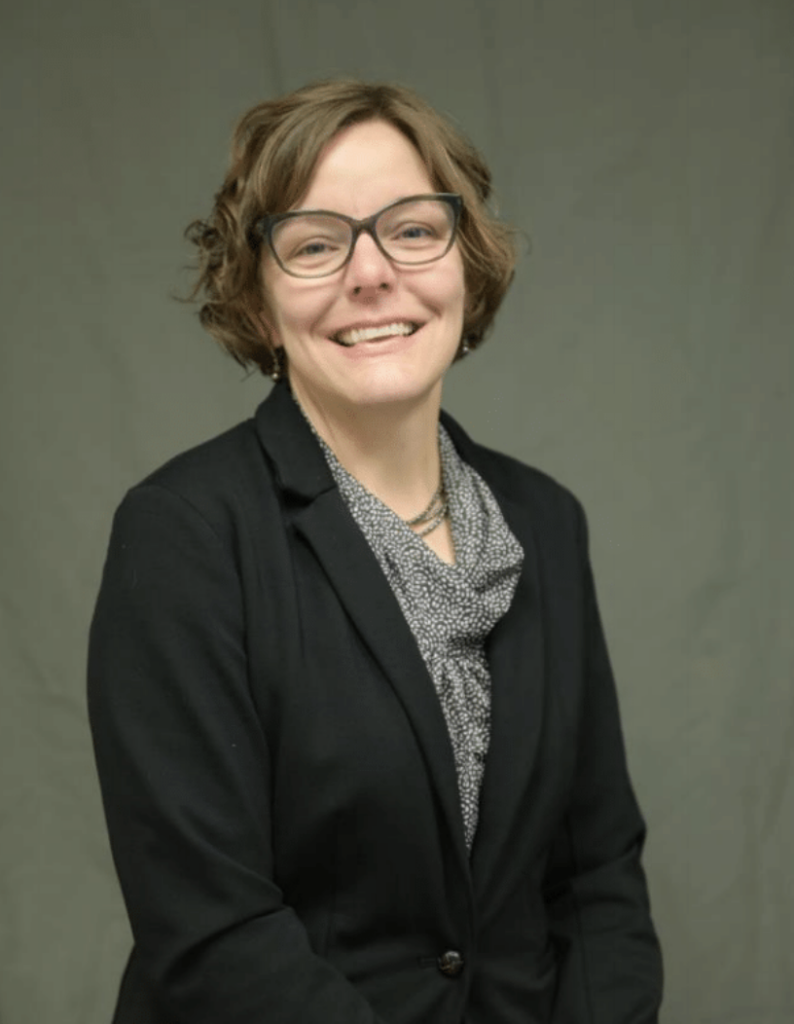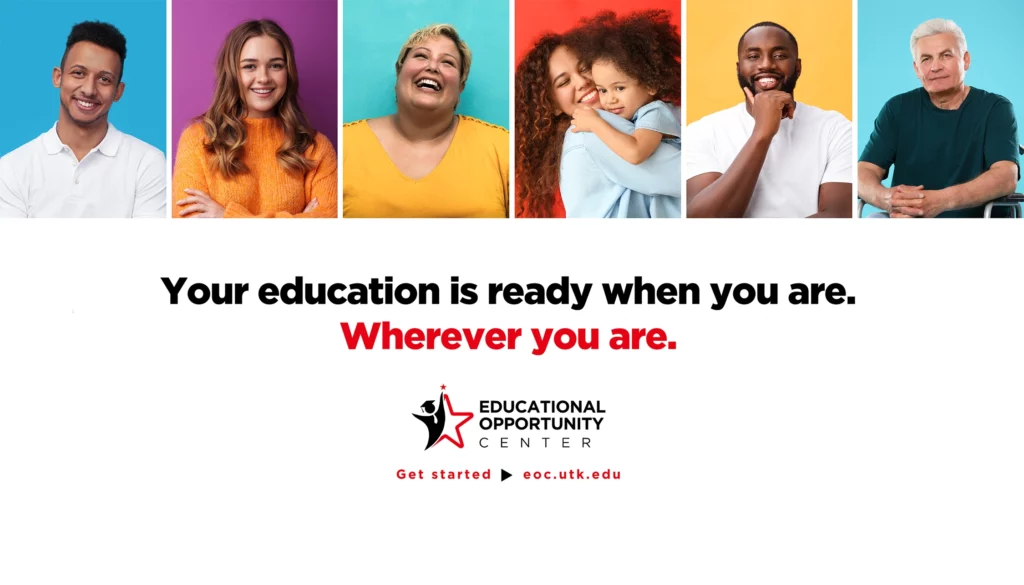Mission Statement

The Educational Opportunity Center provides comprehensive support for adult learners that includes career and academic counseling, post-secondary application assistance, and support for completing the financial aid process. We meet students where they are and promote their individual education goals by helping them understand and navigate the landscape of higher education. The mission of the Educational Opportunity Center (EOC) is to increase the number of adult participants who enroll in postsecondary education institutions.
Vision Statement
Our vision at EOC is to create a thriving community of service providers, fostering empowerment for adult learners from all walks of life. We envision a future where we seamlessly meet our participants where they need us most, whether it’s in high schools, AJC centers, transitional housing, or other community settings. Together, we are committed to making a lasting impact, equipping our participants with the necessary tools, resources, and unwavering support to fulfill their educational aspirations and create a brighter future for themselves and their communities.
Program History, Background, and Evolution
The Educational Opportunity Center at the University of Tennessee has been dedicated to supporting college-going adults in our community since 1991. It all began when Dr. Ernest Brewer authored the original TRIO grant, which received approval from the Department of Education, setting the foundation for our impactful work. Dr. Brewer’s commitment and leadership as the Center Director spanned over two decades, shaping the success of our center.
Continuing this legacy of excellence, Vee McGahey served as the Project Director for EOC for an impressive 28 years. Under her guidance, our center flourished, consistently securing the federal TRIO grant every five years, a testament to the unwavering quality of our programs and services. Today, we are proud to have Stephanie Langley as our esteemed Project Director, leading the charge to empower individuals in their pursuit of higher education. With Stephanie’s visionary leadership and dedication, we are poised to continue making a lasting impact on the lives of our participants.
Since 1991, EOC has proudly served 50,000 participants, with an impressive enrollment rate of at least 70% in post-secondary education. Our influence extends across 27 counties in three states: North Carolina, Georgia, and Tennessee.
At EOC, our dedicated staff members are committed to meeting participants wherever they are on their educational journey. You’ll find our team working tirelessly in a diverse range of settings, including American Job Centers, Community Colleges, Technical Schools, High Schools, prisons, transitional housing, and women’s centers. We believe in leaving no stone unturned when it comes to providing support and guidance to adults aspiring to earn a degree.
Central to our success are the deep-rooted partnerships we have fostered within the community. Whether collaborating with the Cherokee Higher Education Center in Swain County, NC, Blue Ridge Community College in GA, or the United Way in Knoxville, we serve as trusted allies to our community partners. Our program staff’s wealth of knowledge and expertise in financial aid processes and higher education options is highly respected among colleagues and participants alike. As a result, we are consistently sought after to assist Community Colleges, Technical Schools, and other institutions in supporting students who face unique barriers.
Join us as we continue to build bridges and break barriers, empowering individuals to overcome obstacles and achieve their educational dreams. At EOC, we are proud advocates for higher education, offering unwavering support and expertise to ensure that every individual has the opportunity to thrive and succeed.
STUDENTS WE SERVE
The EOC program has a large and diverse service area. Our work focuses on the folks of Central Appalachia and includes 15 counties in East Tennessee, 6 counties in Western North Carolina and 6 counties in North Georgia. The largest metropolitan area, Knoxville, TN (Knox County) has pockets of high poverty, and the other 26 counties are mainly in rural, low-income Appalachian Mountains and the Cumberland Plateau.
All 27 counties in our service area fall below the national per capita income levels, with multiple counties falling from 20-30% below. With the per capita income in several counties among the lowest in the nation and with education attainment very low, participants face various barriers to career pathways that could lead to higher wages. There is a general lack of knowledge about financial support for college and with a high population of potential first-generation students there is an extreme knowledge gap about the types of degrees available.
Rough terrain, limited transportation systems, few towns, and even fewer cities define the rural, low-income service areas. Many residents live in extreme isolation with limited access to educational, financial, and academic assistance. Through community-based efforts, EOC project staff bring information about career and educational opportunities, admissions, financial aid, and economic literacy to communities and individuals with the greatest need.
| Tennessee | Anderson, Bradley, Blount, Campbell, Cumberland, Knox, Loudon, McMinn, Meigs, Morgan, Rhea, Roane, Scott, Sevier, Union |
| Georgia | Dawson, Fannin, Gilmer, Rabun, Towns, Union |
| North Carolina | Cherokee, Clay, Graham, Jackson, Macon, Swain |
PROGRAM SERVICES
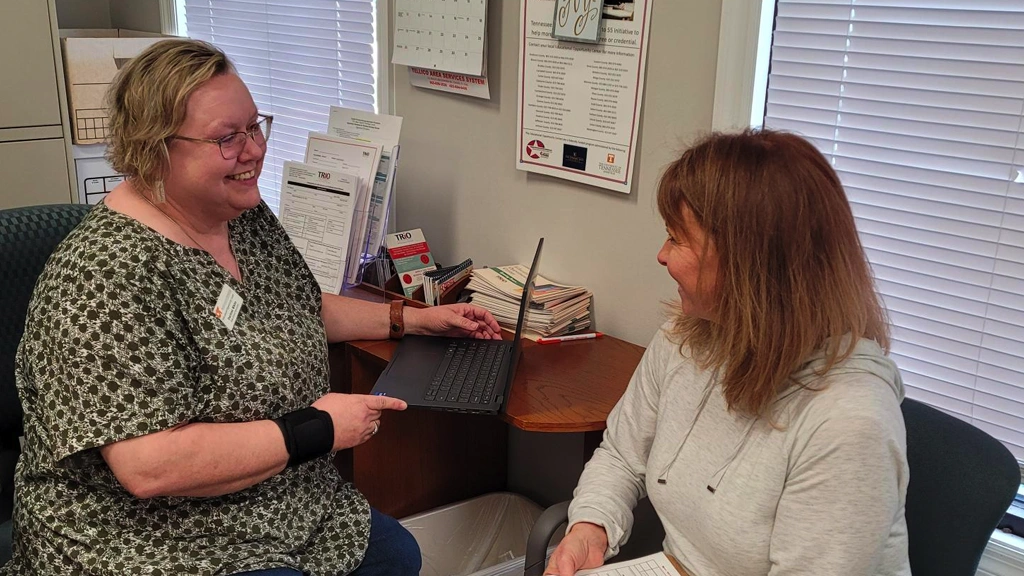
Career Counseling
EOC staff work with individuals to bridge the knowledge gap between the careers our participants desire and the certificates/diplomas needed to obtain those positions. Staff remain updated on current career trends and state forecastsand how those ties into the landscape of post-secondary opportunities in the region. EOC staff work closely with our community partners to build a network of resources around local career training opportunities. Additionally, EOC staff conducts career assessment and counsels on results. Taking a comprehensive approach to career counseling allows us to help our participants who may have had limited exposure to the robust opportunities available to them.

Higher Education Counseling
EOC encourages allparticipants to gain knowledge about their post-secondary school options by supporting the student’s academic journey. Our staff commonly advise participants regarding academic preparation, admissions testing, deadlines for applications, and course requirements. We build confidence within the participants to make solid decisions that are fully thought out in regard to student loans, academic program choices, and more. Likewise, we celebrate participant’s first-generation status and help them to see this as an asset and not a detriment.

Financial Aid Counseling
Financial literacy is almost non-existent in EOC’s service area. EOC fills that gap by offering resources and personal 1:1 support to assist individuals in obtaining financial aid information and completing the Free Application for Federal Student Aid and other institution specific scholarships. EOC’s expertise is crucial to assist participants with financial aid, including defaulted student loans, reinstatement of financial aid eligibility, and completion of the Free Application for Federal Student Aid (FAFSA) and institutional scholarships.
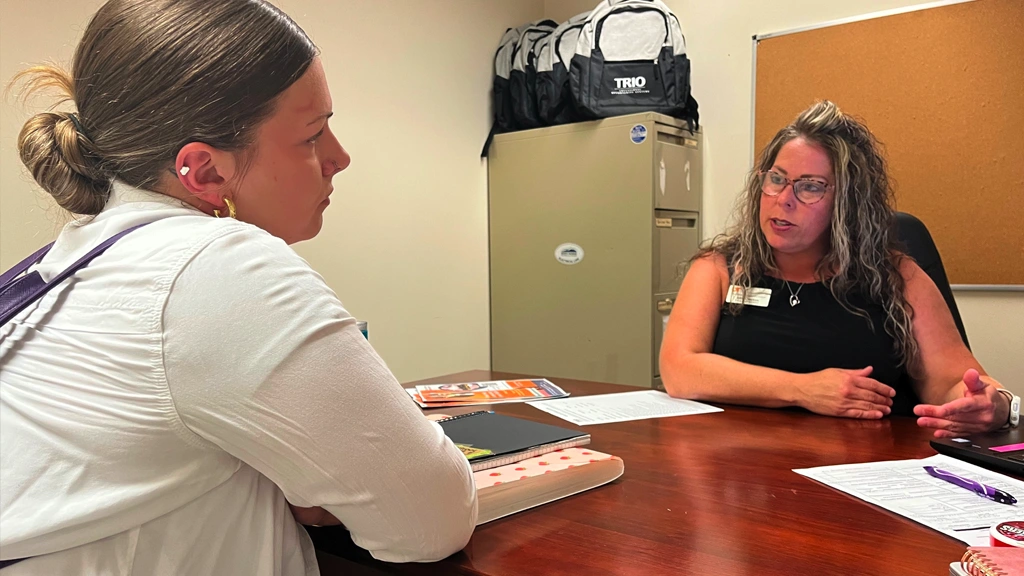
Higher Education Literacy Workshops
EOC staff regularly present to groups of potential first-generation adult students and showcase all post-secondary options so that participants can make informed decisions about which school is the best fit for them. Staff go over terms and talk about program cost, availability, and overall feasibility specific to the geographic region of the participants. We work to demystify the whole idea of earning a degree and solidify it as a short-term goal for our first-generation clients.

Referrals to Service Agencies
The EOC staff is well informed on the educational services available in the regions we serve. If we see that a participant would benefit from an agency in our area, we are sure to connect the two.
If you are interested in services, please complete this form and an Educational Specialist will get back to you soon.
OUR EDUCATIONAL SPECIALISTS
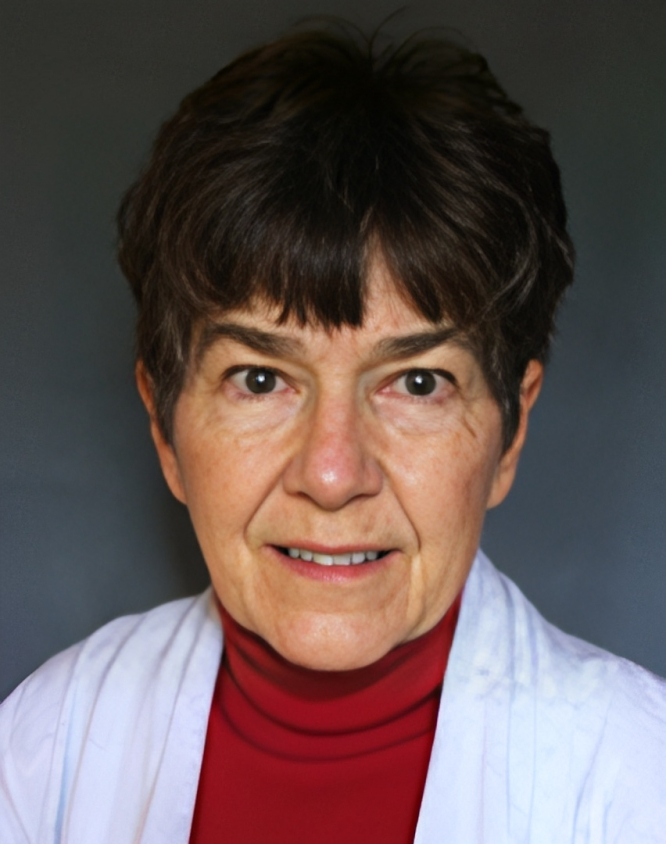
Rebecca Hammond
States / Counties Served: Fannin County, Georgia
Phone: 706-946-3330
Email: rhammond@utk.edu
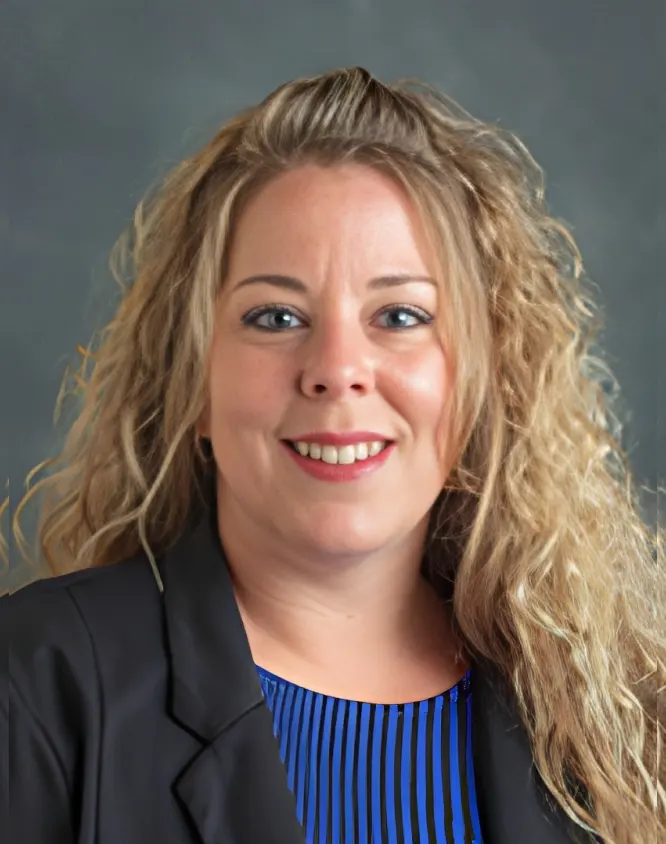
Alicia Norton
States / Counties Served: Georgia Counties: Rabun, Towns, Union, Gilmer, Dawon. North Carolina Counties: Cherokee.
Phone: 828-371-7135
Email: anorton8@utk.edu
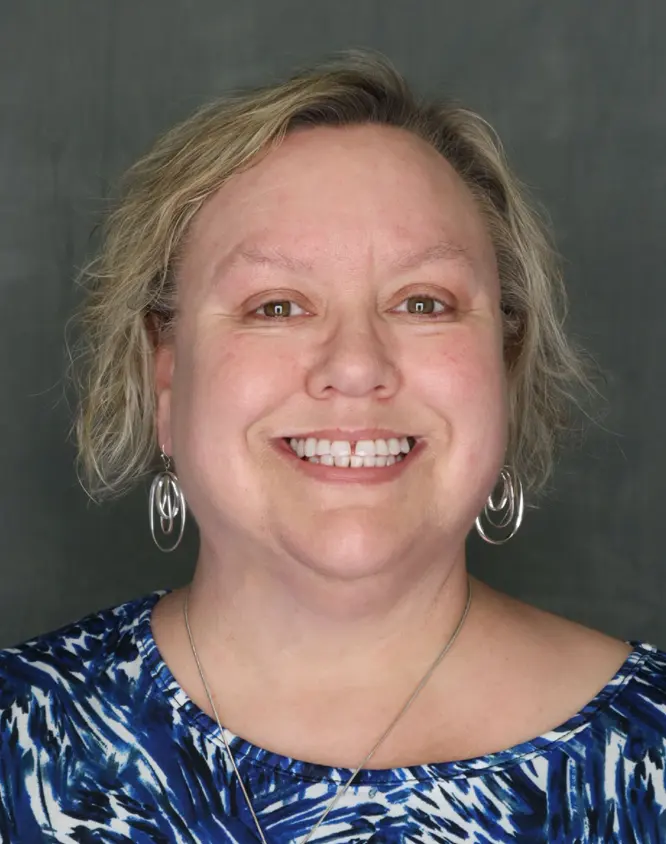
Darlene White
States / Counties Served: TN Counties: Bradley, Loudon, McMinn, Meigs, Rhea, and Roane counties.
Phone: 423-252-5070
Email: jwhit195@utk.edu
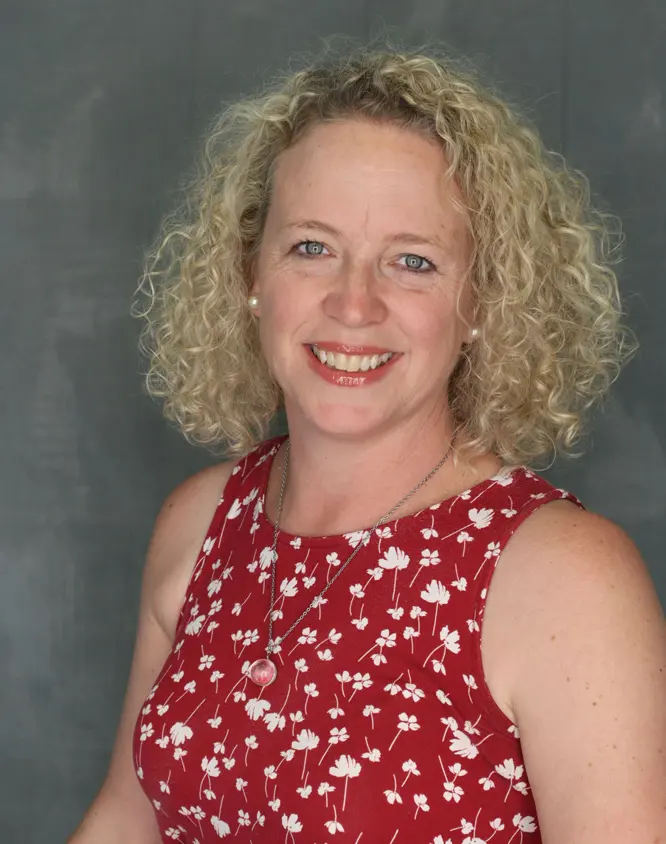
Amy King
States / Counties Served: TN Counties: Knox, Union, Scott, Campbell, all NC counties by appointment.
Phone: 865-851-6182
Email: amcfarli@utk.edu
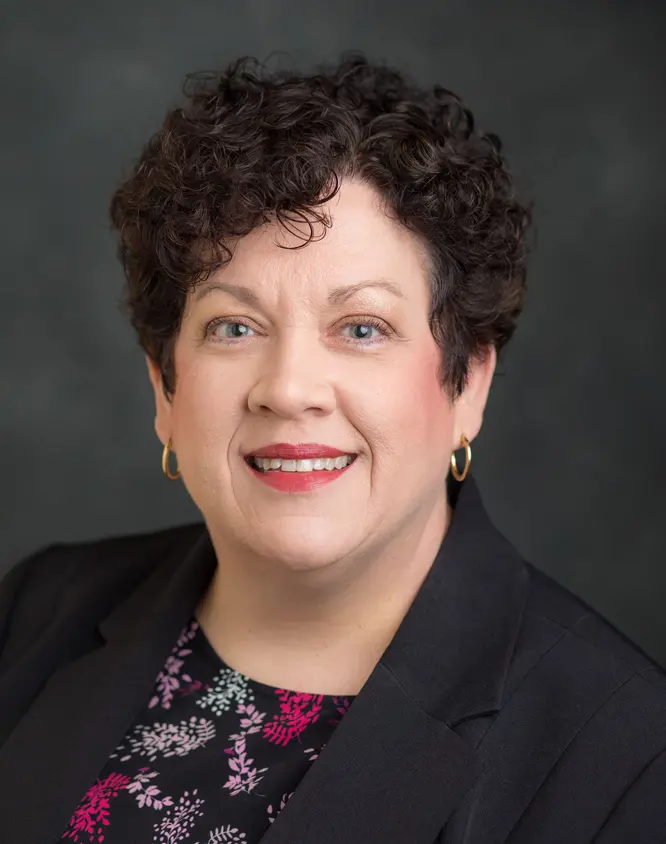
Lori Skaggs
States / Counties Served: TN Counties: Knox, Anderson, Morgan, Cumberland
Phone: 865-617-1091
Email: lskaggs@utk.edu
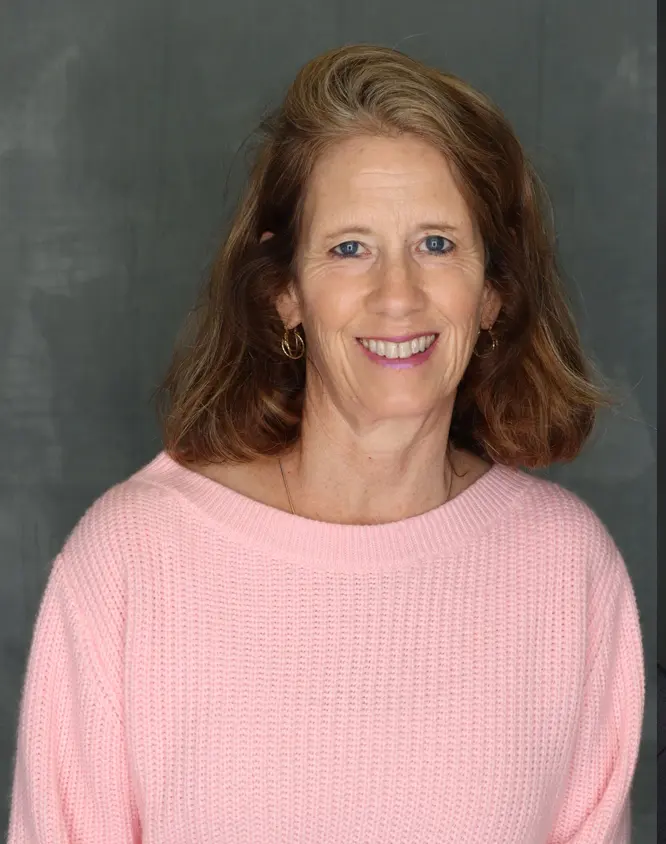
Caroline Milne
States / Counties Served: TN Counties: TN Counties: Blount, Knox, Sevier
Phone: 865-804-9871
Email: cmilne@utk.edu
Our Project Director
For more information, please reach out to Stephanie Langley, MA (Principal Investigator / Project Director) at langley@utk.edu
